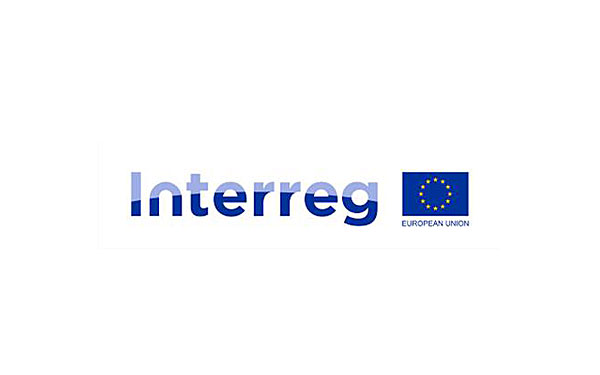Interreg Programme
Interreg, or officially, "European territorial cooperation", is part of the structural and investment policy of the European Union. For 30 years now, Interreg has been supporting transnational cooperation between regions, towns and cities influencing everyday life for example in the fields of transport, employment and environmental protection. Interreg is realised within three key areas (so-called strands).
Interreg V will phase-out by the end of 2020. Beyond this, for the next foreseen funding period, the Commission proposes to modernise regional development and the Cohesion Policy, the EU's main investment policy and one of its most concrete expressions of solidarity.
Over the past few years, FNR has been mainly involved as coordinator or partner in Interreg South Baltic (cf. COASTAL Biogas; BioBIGG), Interreg Baltic Sea Region (BalticBiomass4Value) and Interreg Danube Transnational (Energy Barge). Besides this, FNR participated in Interreg Central Europe and Interreg North-West Europe.
Interreg and its three strands:
- cross-border cooperation (Strand A): advancing economic and social cooperation in adjacent border regions
- transnational cooperation (Strand B): promoting cooperation between national, regional and local partners in transnational programme areas in order to increase the territorial integration of these areas
- interregional cooperation (Strand C): promoting cooperation networks and exchange of experiences in order to improve the efficiency of existing regional development and cohesion instruments.
Interreg is not managed centrally by the European Commission. In each border region, each transnational programme area, representatives of the national and regional authorities of the member states involved come together with representatives of local authorities and non-governmental organisations and with business and social partners and define the development priorities of their relevant programmes. A programme is then realised via concrete projects. Partners from both sides of a border or, in the case of transnational programmes, even from several countries have to team up and participate in such projects. Within the projects as well, defining objectives, realising projects and reviewing performance is jointly done by the partners.
Cross-border programmes (Interreg A) are:
- Germany - Netherlands
- Brandenburg - Poland
- Euregio Maas - Rhine
- France-Germany-Luxemburg-Belgium
- Interreg Poland-Saxony
- Interreg Germany-Denmark
- Interreg Mecklenburg Western Pomerania-Brandenburg-Poland
- Bavaria-Czech Republic
- Upper Rhine
- Alpine Rhine-Lake Constance-Upper Rhine
- Saxony-Czech Republic
- Austria-Bavaria
Transnational (Interreg B):
- Baltic Sea Region
- Interreg South Baltic Programme
- Central Baltic
- North-West Europe
- Danube Transnational Programme
- North Sea Region
- Central Europe
- Alpine Space
Inter-regional (Interreg C):
- Interreg Europe
For further information, please, visit the Interreg website.

